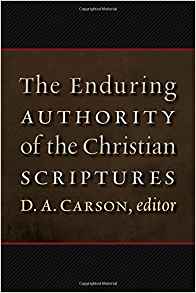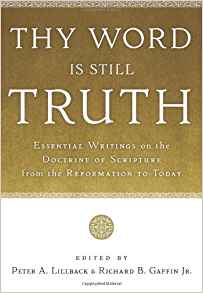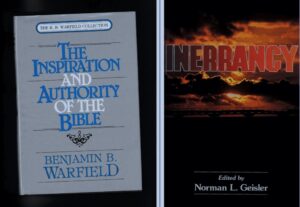
Historical Revelation and the Divine Inspiration of the Bible. KP10-IAB-04/10
A. Biblical revelation is historical revelation. God established a covenant with Israel in the time of Moses, governed by a written document. This document which should be seen in the context of the suzerainty treaties of the ancient Near East…God’s relation to Israel is structured by a written text. The covenant words are a holy text from the God of the Covenant. Precedent for written prophecy. Prophets after the time of Moses and Joshua also produced written documents setting forth the words that God gave to them. It is evident that during the OT period itself, a body of writings developed that could be quoted as divinely authoritative.
B. The New Testament as God’s Written Words
There is no reason for thinking that the new covenant is any less verbal than was the old. Covenants by their very nature are verbal transactions… Jesus and the apostles revered the OT as God’s Word, as we have seen, and they also identified themselves as God’s prophets, bringing God’s words to the world…The words of Jesus and the apostles were also intended to be preserved for later generations…Only a written document can preserve these words as God’s personal words to us.
C. Biblical Definition of Inspiration
In revelation we have the vertical reception of God’s truth while in inspiration we have the horizontal communication of that revelation accurately to others. Continue reading “Historical Revelation and the Divine Inspiration of the Bible. IAB-04/10”
 A.
A. 
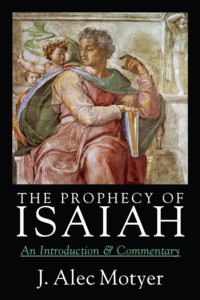
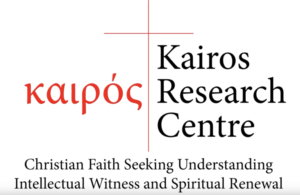
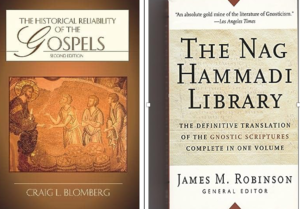 Question: But critics like Elaine Pagels & Bart Ehrman argue that this traditional history of orthodoxy is skewed because it grants greater authority to the canonical gospels and ignores the other (gnostic ) gospels. Why do you think the canonical four gospels provide more accurate historical information about Jesus than the gnostic gospels?
Question: But critics like Elaine Pagels & Bart Ehrman argue that this traditional history of orthodoxy is skewed because it grants greater authority to the canonical gospels and ignores the other (gnostic ) gospels. Why do you think the canonical four gospels provide more accurate historical information about Jesus than the gnostic gospels?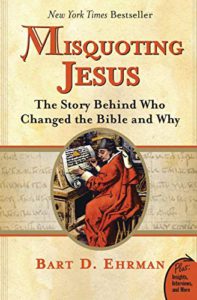 Bart Ehrman’s primary mission in life is undeniable. It is to discredit Christianity and to deconvert Christians from their faith. Ehrman’s attack on Christianity has been effective because he claims to be speaking as an objective historian (which is debatable), in contrast to apologists and theologians defending their faith and because he is speaking as a lapse fundamentalist with insider-knowledge. Ehrman’s attack on Christianity is comprehensive, but I shall only highlight three of his favorite lines of attack on Christianity.
Bart Ehrman’s primary mission in life is undeniable. It is to discredit Christianity and to deconvert Christians from their faith. Ehrman’s attack on Christianity has been effective because he claims to be speaking as an objective historian (which is debatable), in contrast to apologists and theologians defending their faith and because he is speaking as a lapse fundamentalist with insider-knowledge. Ehrman’s attack on Christianity is comprehensive, but I shall only highlight three of his favorite lines of attack on Christianity. 